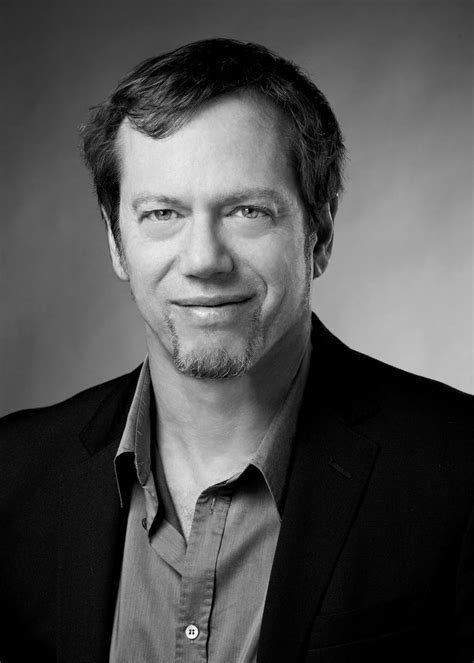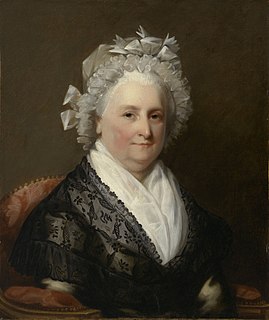A Quote by Georg C. Lichtenberg
The greater part of human misery is caused by indolence.
Related Quotes
Human love, human trust, are always perilous, because they break down. The greater the love, the greater the trust, and the greater the peril, the greater the disaster. Because to place absolute trust on another human being is in itself a disaster, both ways, since each human being is a ship that must sail its own course, even if it go in company with another ship.... And yet, love is the greatest thing between human beings.

































